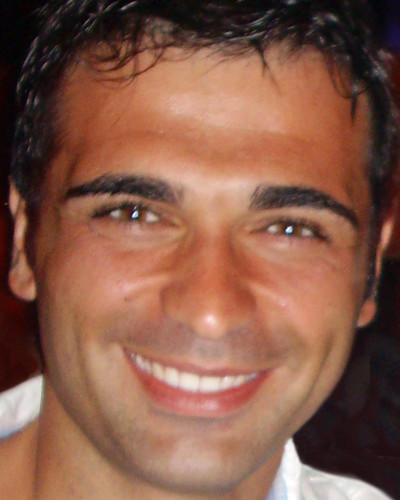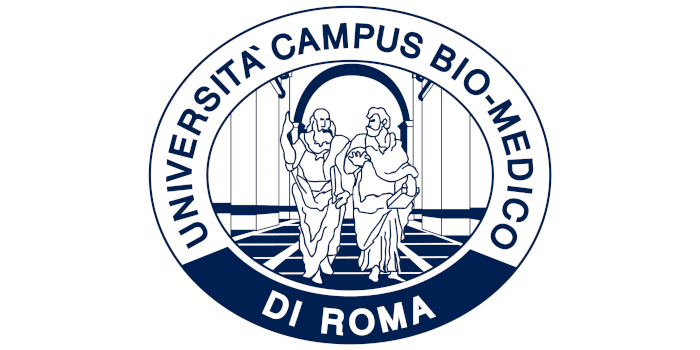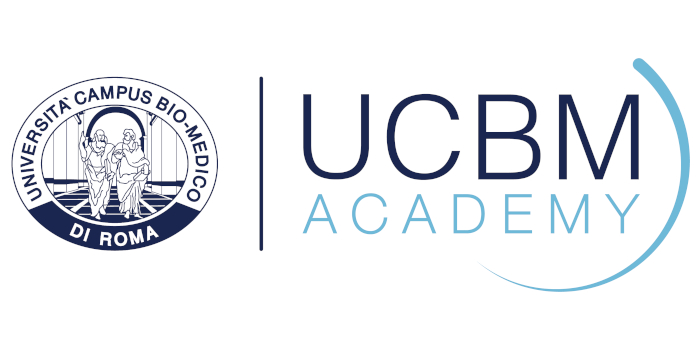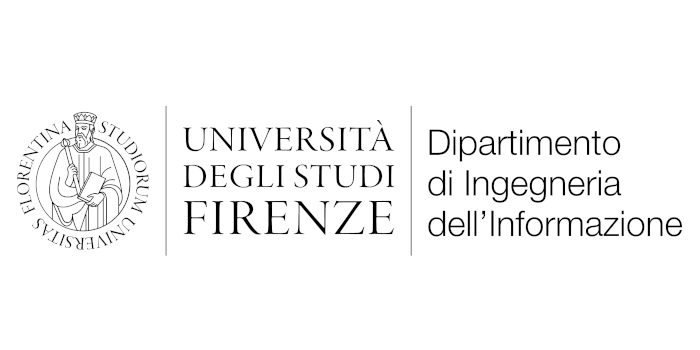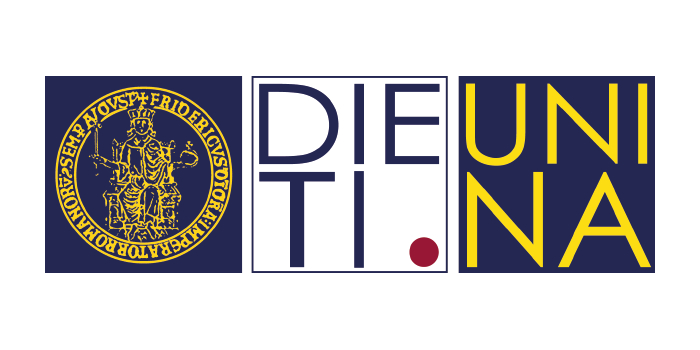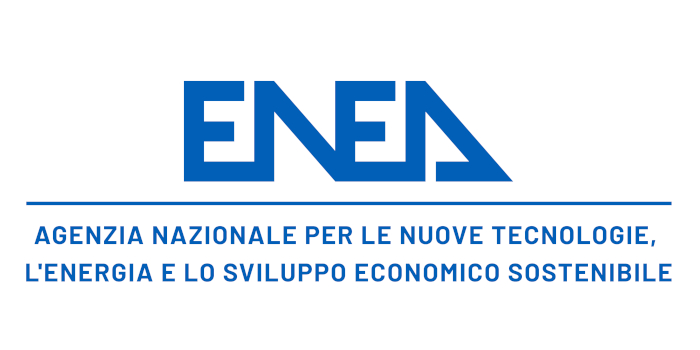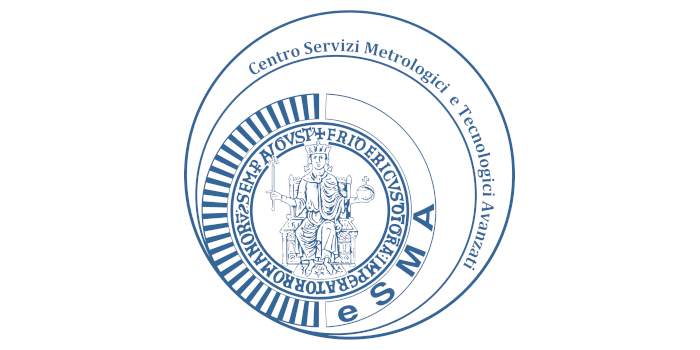SPECIAL SESSION #15
AI-Driven Sensor Systems for Reliable Measurement and Safety in Environmental and Biomedical Applications
ORGANIZED BY
Giovanni Angiulli
DIIES Department, Mediterranea University, Reggio Calabria, Italy
Salvatore Calcagno
DIIES Department, Mediterranea University, Reggio Calabria, Italy
Filippo Laganà
Laboratory of Biomedical Applications Technologies and Sensors (BATS), Department of Health Science, “Magna Græcia” University, Catanzaro, Italy
Salvatore Andrea Pullano
Laboratory of Biomedical Applications Technologies and Sensors (BATS), Department of Health Science, “Magna Græcia” University, Catanzaro, Italy
SPECIAL SESSION DESCRIPTION
This special session highlights sensor systems and electronic measurement technologies as essential tools for ensuring quality, safety, and reliability in environmental and biomedical applications. In an era of smart monitoring and digital healthcare, the integration of AI-driven methods with advanced sensing, signal acquisition, and measurement architectures is increasingly crucial. The session welcomes contributions on sensor design, intelligent transduction, AI-supported signal processing, sensor fusion, and predictive analytics aimed at improving measurement uncertainty and operational robustness. Particular emphasis is placed on approaches where AI enhances sensor performance, enables real-time data interpretation, and supports advanced measurement capabilities in line with Industry 4.0 principles. Submissions from academia, industry, and healthcare institutions are encouraged, especially those presenting innovative strategies that combine electronic sensors and AI to strengthen performance, traceability, and safety across the lifecycle of biomedical and environmental monitoring systems.
TOPICS
Applications are welcome on the following topics (but not limited to):
- Environmental and biomedical instrumentation and sensing;
- AI-assisted signal processing and analysis;
- Sensor fusion in environmental and healthcare applications;
- Intelligent calibration and measurement validation;
- Predictive maintenance and reliability in environmental and biomedical electronics;
- Real-time data acquisition and interpretation;
- Standards and regulatory aspects in measurements.
ABOUT THE ORGANIZERS
Giovanni Angiulli (Senior Member, IEEE) received a Ph.D. degree in electronic engineering and computer science from the University of Naples Federico II in 1998. Since 1999, he has been an Adjunct Professor of Electrical Engineering with the Department of Information, Infrastructures, and Sustainable Energy (DIIES, formerly DIMET), Mediterranea University of Reggio Calabria, Italy. His main research interests include the electromagnetic characterisation of metamaterials, NDT methods, group theory, and surrogate modelling techniques applied to electromagnetics and electrical engineering. In recent years, he has also worked on microwave imaging to detect female breast tumours and ground-penetrating radar applications in cultural heritage and characteristic mode theory. He is a member of the Institute of Electronics, Information and Communication Engineers (IEICE). He serves as an editor of Computation (MDPI) and an Associate Editor for the Journal of Engineering (Wiley), PEERJ Computer Science (Taylor & Francis), and IEEE Access. Recognising his exceptional contributions, he has been honoured as an Outstanding Associate Editor for 2018 by IEEE Access and as a Bronze Contributor by PEERJ Computer Science.
Salvatore Calcagno is a Researcher of Electrical and Electronic Measurements at the Mediterranea University of Reggio Calabria. He graduated in Electronic Engineering with a biomedical specialisation from the University of Naples in 1986. After an initial experience in the aerospace industry with Aeritalia, where he worked on safety and reliability assessments for aeronautical systems, he switched to academia. His research focuses on non-destructive electromagnetic diagnostics, renewable energy technologies and environmental monitoring. He has coordinated several national and European research projects and is the author of around 100 scientific publications. Prof. Calcagno is also active in academic governance, serving as Erasmus coordinator and university delegate for international mobility and student engagement.
Filippo Laganà (Member IEEE) received his degree in Electronic Engineering from the Mediterranea University of Reggio Calabria. In March 2015, he obtained a Ph.D. in Biomedical and Computer Engineering from the Magna Græcia University of Catanzaro. In April 2019, he earned a second Ph.D. in Civil, Environmental, and Safety Engineering from the Mediterranea University of Reggio Calabria. Since 2023, he has been a research fellow in Electronics at the Department of Health Sciences of the Magna Græcia University of Catanzaro. His research interests include digital electronics, biomedical signal analysis, embedded systems, and thermographic analysis for biomedical and industrial applications.
Salvatore A. Pullano is an Associate Professor of Electronics at the Magna Græcia University of Catanzaro, Italy, and an Adjunct Professor at the University of Missouri - Columbia, USA. He was a visiting scholar at the Department of Electrical Engineering and Computer Science at the University of Tennessee, Knoxville (USA). He obtained his bachelor's and master's degrees in Electronic Engineering from the University of Calabria and his PhD in Biomedical Engineering and Computer Science from the Magna Græcia University of Catanzaro. He is the author of over 120 scientific articles published in journals and conference proceedings, as well as several patents filed in Italy and abroad. His research interests include the design of ferroelectric sensors, iono-electronic interfaces, and the use of nanoporous materials for biomedical applications.



